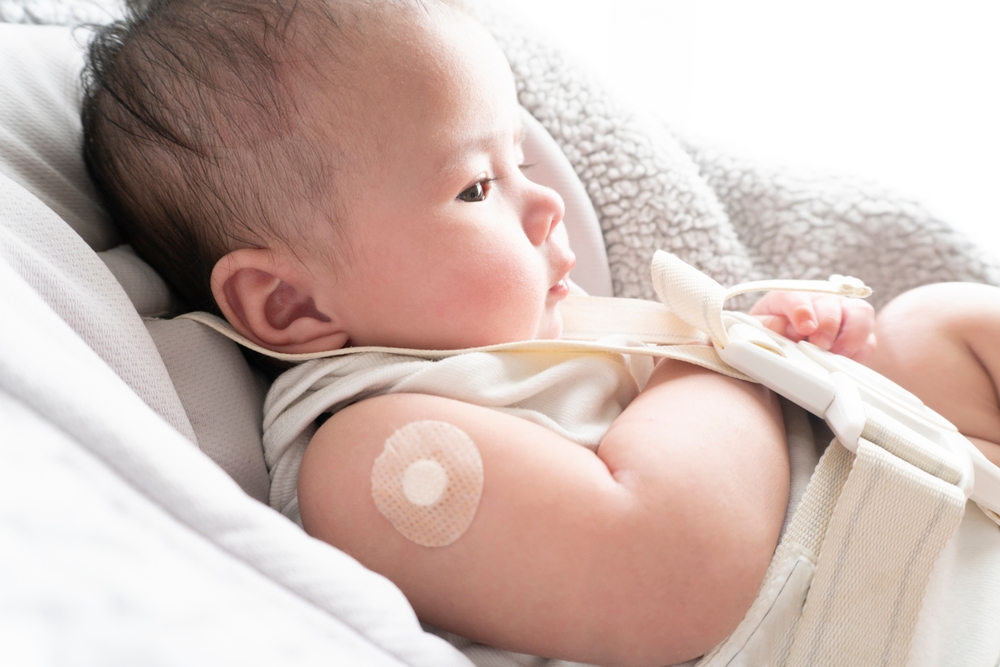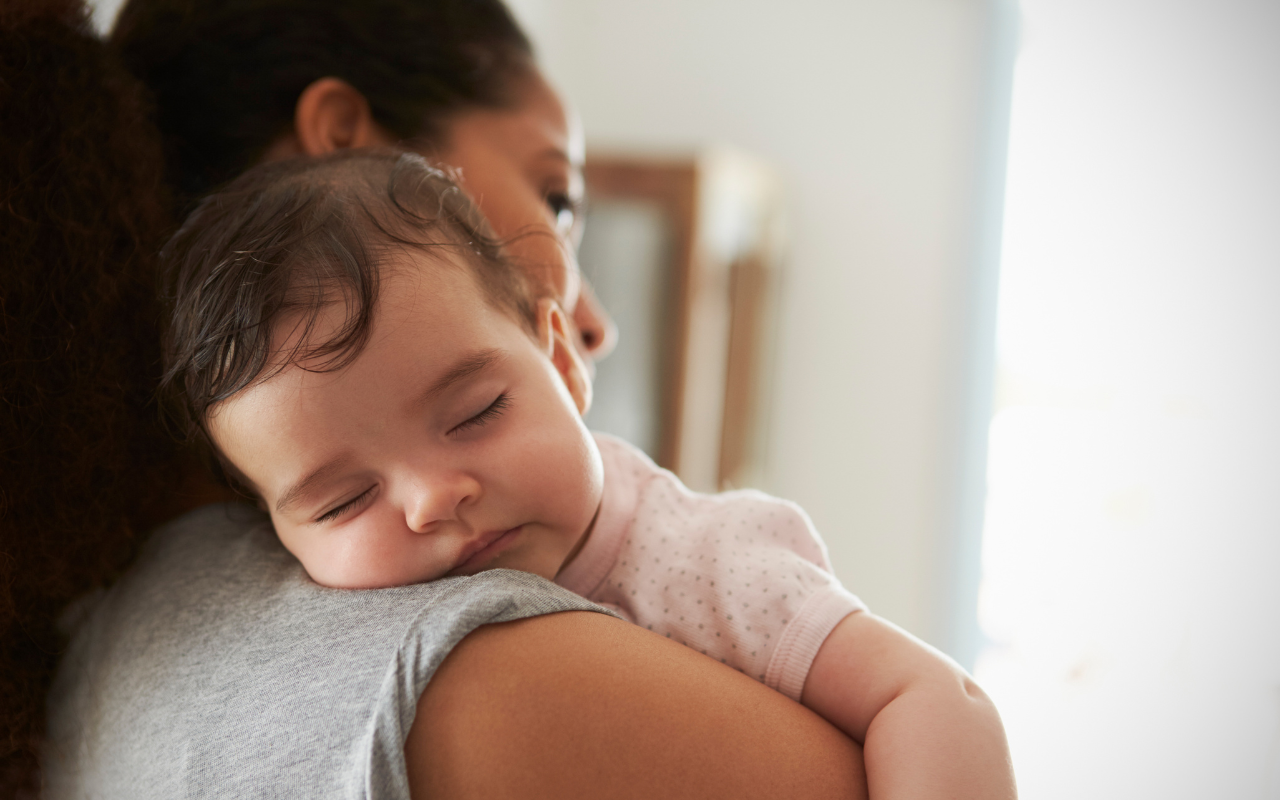Expanded access to respiratory syncytial virus vaccines will cover all Australian babies.
This year has seen surging rates of respiratory syncytial virus (RSV), particularly in infants. However, with the recent announcement of expanded vaccine access for pregnant women and monoclonal antibody for babies, experts are hopeful that there will be a vast reduction of RSV hospitalisations next year.
This “world-leading approach” will mean that every baby in Australia is protected from the common respiratory virus that is a leading cause of childhood hospitalisation.
RSV in 2024
To date this year, there have been over 167 000 notifications of the virus, around half of those being in children under four years. This is up from 128 000 notifications in 2023.
Newly appointed President of the Royal Australian College of General Practitioners (RACGP) Dr Michael Wright said RSV can affect people of any age, but the people most at risk of hospitalisation are young children.
“RSV infections cause around 12 000 hospitalisations each year. Around half of the notifications are kids under five and then infants under six months of age are at greatest risk,” he said.
It can cause lower respiratory tract infections such as bronchiolitis and pneumonia and can lead to potentially life-threatening breathing difficulties. Up to 80% of children admitted to hospital are otherwise healthy.

The two types of immunisations on offer
The federal government recently announced that pregnant women will receive free access to Abrysvo under the National Immunisation Program (NIP) from early 2025. This vaccine typically costs families around $300 and is recommended for women at 28 to 36 weeks of pregnancy.
This $174.5 million investment is in addition to a funded hybrid program that will offer eligible infants access to monoclonal antibody, nirsevimab (sold as Beyfortus). Eligibility and timeframes will vary depending on the state or territory.
Although funded access to the maternal vaccine is new, babies in some Australian states and territories have already had free access to the nirsevimab monoclonal antibody. Infants in Queensland and Western Australia were provided access to nirsevimab during the most recent RSV season.
In Western Australia, there were up to 84% fewer RSV-related hospitalisations in immunised newborns compared to non-immunised individuals.
According to Catherine Hughes, Founder and Director of the Immunisation Foundation of Australia:
“The exceptional results in Western Australia and Queensland contrast sharply with other parts of Australia where hospitals were overwhelmed by babies struggling to breathe due to severe RSV.”
“In offering two different infant RSV immunisation approaches, Australia can maximise uptake by catering to different family needs and varying health system dynamics, becoming a world leader in RSV protection,” she continued.
According to the Australian Vaccine Handbook (with a note saying that the relevant chapter will be updated in advance of the Abrysvo rollout in 2025):
“A single dose of nirsevimab is recommended before their first RSV season in young infants whose:
- mothers did not receive RSV vaccine at least 2 weeks before delivery
- protection from maternal vaccination may be reduced because of maternal or infant conditions.”
Safety and access to the vaccines
According to RACGP’s President Dr Wright, feedback about the safety data has been positive.
“I think the safety data for the monoclonal antibodies has been very reassuring. Most infants tolerate the immunisation very well, and if they do have any reaction, it’s usually mild and short. The vaccine for the expectant mothers has a very good safety profile as well,” Dr Wright said.
Although the start date of the maternal vaccine is yet to be announced, Dr Wright is confident of access.
“It’s encouraging to see the government giving some lead time to get supply into the system. We really encourage the government and states to work with GPs and the college to make sure practices receive the supply and the distribution of vaccines that our patients are going to need.
“We do need to keep engaging with GPs through this planning and distribution to ensure the supplies are where it’s needed, so expectant mums can get it at their usual GP,” Dr Wright said.
Subscribe to the free InSight+ weekly newsletter here. It is available to all readers, not just registered medical practitioners.

 more_vert
more_vert